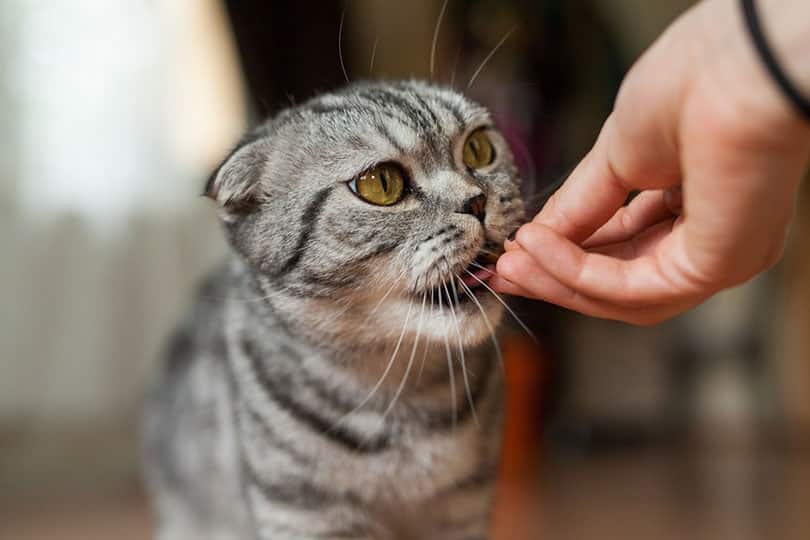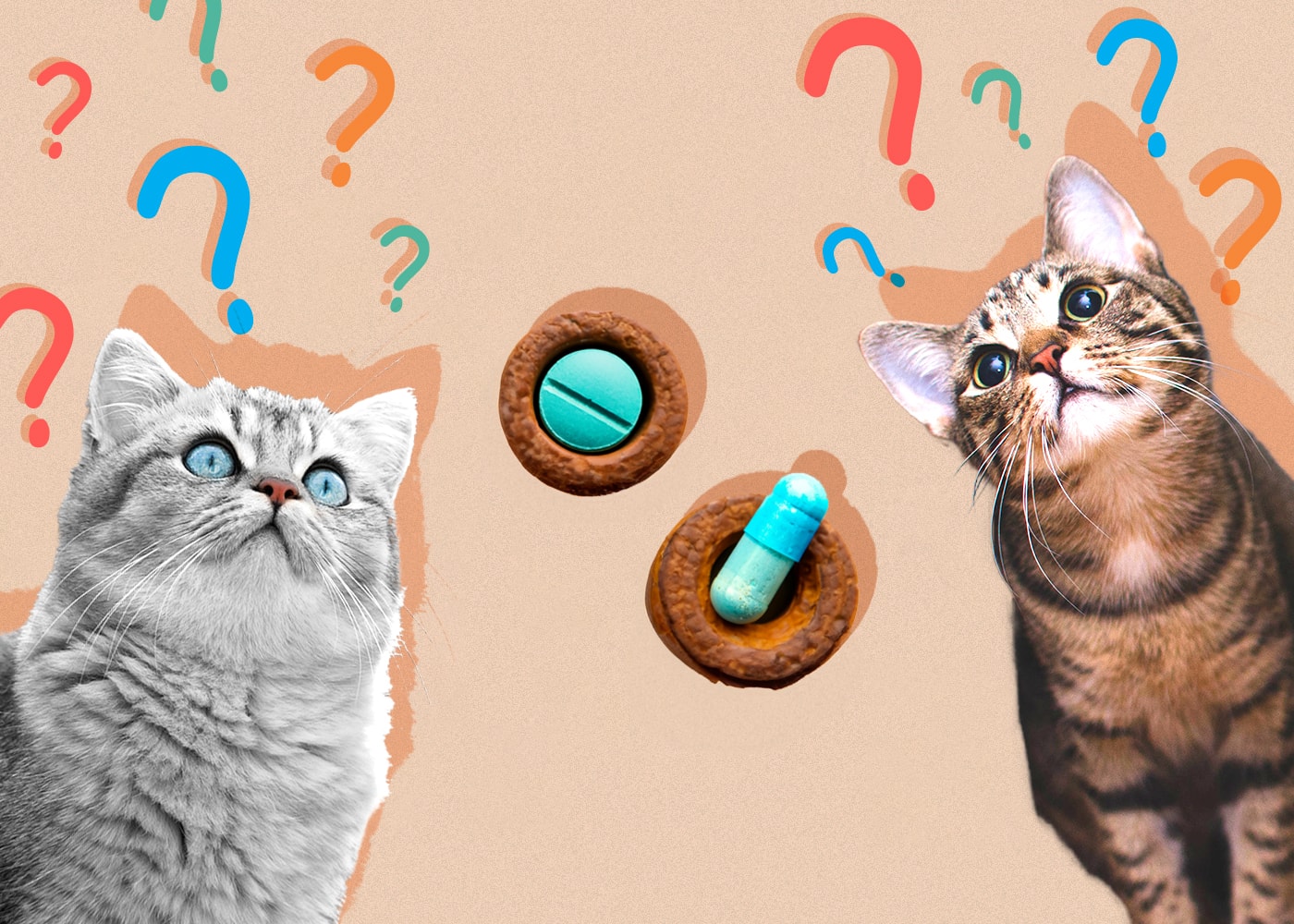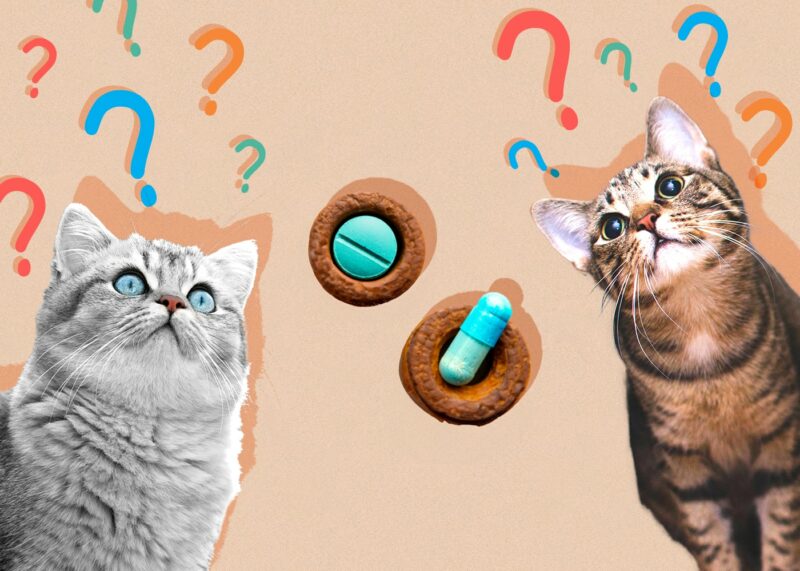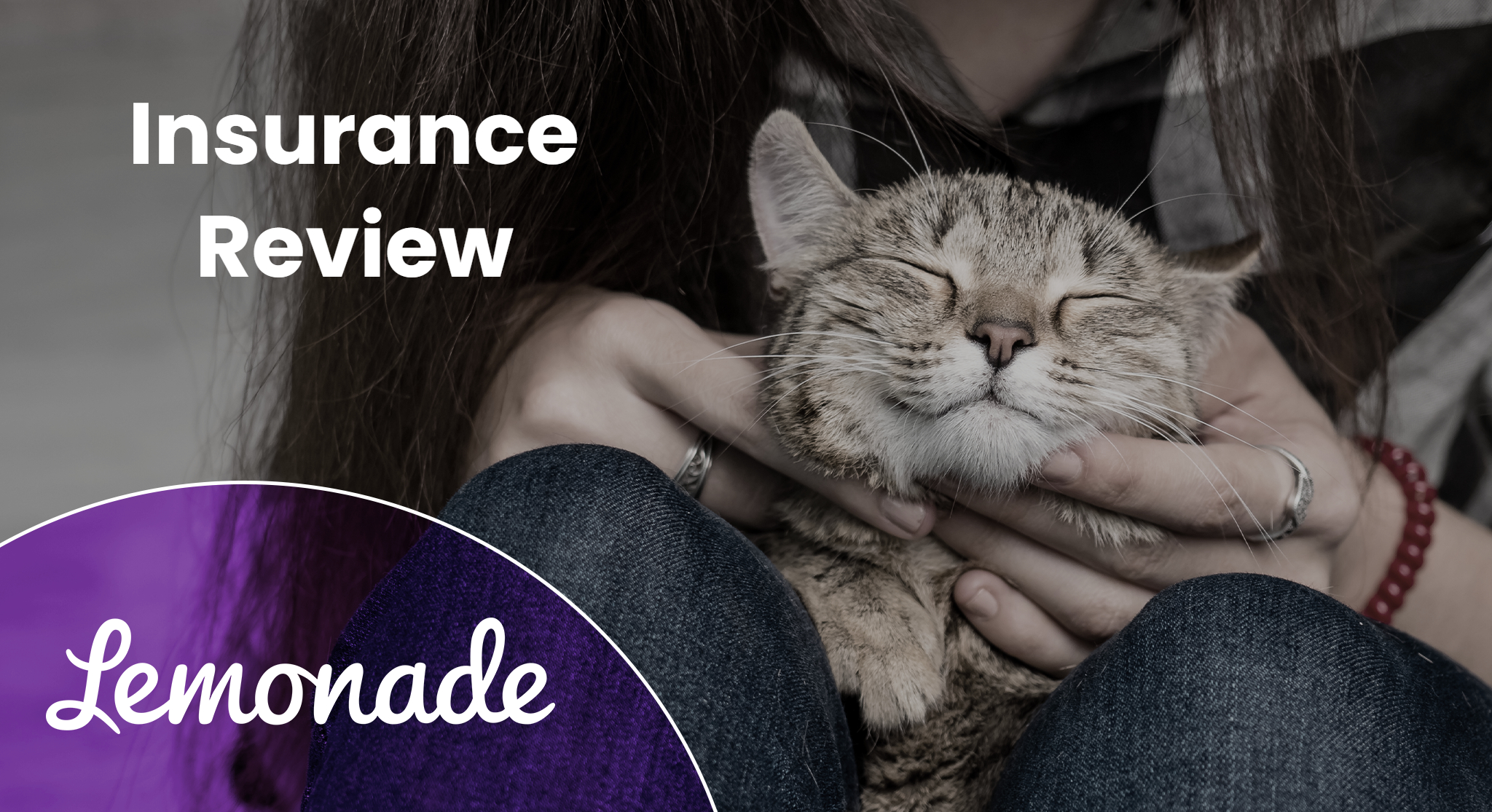Unfortunately, almost all cat owners experience times when their cats are prescribed medication for a health condition. Cats don’t generally enjoy eating things that don’t taste like their favorite things, like fish, chicken, and beef. If you think about trying to swallow a pill, even some humans don’t like doing it. Can you imagine trying to get a cat to swallow a pill every day?
Dog pill pockets are meant to give pills to pets in a tasty way, but can they be used on cats too? Read on below to find out if it’s safe to use dog pill pockets on your cat.

What Are Dog Pill Pockets?
Dog pill pockets are created like treats to mask the taste and smell of a pill. They usually look like circular or cubed-shaped bite-sized treats made of the types of flavors pets would like. Usually softer in feel, they work by placing the pill in the middle and squishing the treat around the pill completely. When you feed it to your dog, they taste the treat much more than the pill itself. They see it as getting a treat for being well-behaved, and so they don’t associate it with something negative. It makes ingesting their medication much easier for dogs and owners alike.
Will Dog Pill Pockets Hurt Cats? How Are They Different?

Dog pill pockets won’t hurt your cats or make them sick necessarily because they’re usually made up of yummy, safe ingredients for animals. Your cat will most likely be okay if you need a last-minute option for giving them their medication. However, it’s important to key in a few factors.
First and foremost, always check with your veterinarian if you have any doubts or questions about using dog pill pockets to give your cat their medication. Not only because you want to check with a professional but also to ensure that the pill can work this way. There may be specific feeding instructions given to you by the vet.
Next, you should consider the size of the pill pocket. Dogs have larger mouths and different structures of their mouths and jaw, so pill pockets may be larger or constructed differently than a cat pill pocket. It might be made of a sticky substance or be flavored with something like dairy or peanut butter that cats may be averse to.
The ingredients in pill pockets for dogs may be created with dogs in mind, so you’ll need to consider that as well. It is much more difficult to pick up a bag of dog treats and be sure that all the included ingredients are safe for cats as well.
Final Thoughts
Keep all these points in mind before trying to use dog pill pockets for your cat, and only use them if necessary. If it is late at night and you need to give your cat their medication, but you forgot their favorite treat, it might be okay once or twice.
Try to stick to cat pill pockets when possible because the ingredients used will be made with cats in mind. This is in terms of diet, calories, ingredients, and size. Always check with your vet before trying to mix treats with medication. Determine whether your cat needs to take the medication with food and if it will be as effective if not consumed whole before using either dog or cat pill pockets.












